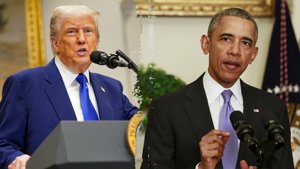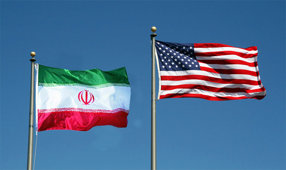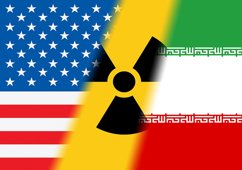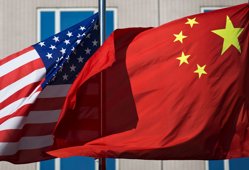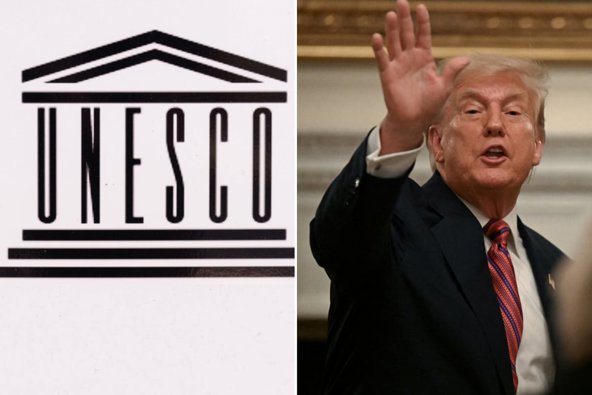
Trump Pulls U.S. from UNESCO Over Social, Cultural Agenda
President Trump announces U.S. withdrawal from UNESCO, denouncing the agency’s “woke” social agenda and anti-Israel bias.
Trump Administration Ends U.S. Membership in UNESCO
The Trump administration has formally withdrawn the United States from the United Nations Educational, Scientific and Cultural Organization (UNESCO), marking a decisive departure from the agency over what the administration calls its “woke, divisive cultural and social causes.” The decision was confirmed on Tuesday in a statement from White House Deputy Spokesperson Anna Kelly, who emphasized the administration’s commitment to “America First” and aligning U.S. participation in international organizations with national interests.
“President Donald Trump has decided to withdraw the United States from UNESCO – which supports woke, divisive cultural and social causes that are totally out-of-step with the commonsense policies that Americans voted for in November. This president will always put America First and ensure our country’s membership in all international organizations aligns with our national interests,” Kelly stated.
The administration’s move received praise from Israeli officials, who have long criticized UNESCO for what they view as persistent politicization and anti-Israel sentiment. Israeli U.N. Ambassador Danny Danon welcomed the withdrawal, asserting that the U.S. “continues to demonstrate moral clarity in the international arena” and should not invest in organizations that promote “hatred, historical revisionism, and political divisiveness.” Israeli Foreign Minister Gideon Sa'ar also applauded the decision as a step toward justice and fair treatment for Israel within the U.N. system. “Singling out Israel and politicization by member states must end, in this and all professional U.N. agencies,” Sa'ar said.
State Department and U.N. Officials Respond
State Department Spokesperson Tammy Bruce further justified the exit, arguing that “continued involvement with UNESCO is not in the national interest of the United States.” Bruce cited the agency’s focus on “divisive social and cultural causes” and an “outsized focus on the U.N.’s Sustainable Development Goals,” which she described as being at odds with U.S. foreign policy priorities. She also pointed to UNESCO’s decision to admit the “State of Palestine” as a member, calling it “highly problematic” and a source of anti-Israel rhetoric.
U.N. Secretary-General António Guterres expressed concern over the administration’s foreign aid cuts and the withdrawal, describing such actions as “especially devastating” for vulnerable populations globally. Meanwhile, supporters of the withdrawal argue that the move is consistent with previous U.S. concerns, including those that led to the country’s exit from UNESCO in October 2017 during Trump’s first term. The Biden administration had reversed that decision in 2023, only for the U.S. to again withdraw under Trump’s renewed leadership.
The U.S. withdrawal from UNESCO underscores a broader shift in U.S. policy toward international institutions under the Trump administration. With a focus on national sovereignty and a critical stance toward organizations perceived as not serving American interests, the administration is signaling a continued preference for bilateral partnerships and selective engagement on the world stage.
As the U.S. steps back from UNESCO, both supporters and critics await the longer-term effects on cultural, educational, and diplomatic cooperation worldwide. The move highlights ongoing debates over the purpose and direction of international organizations, and the balance between global collaboration and national priorities.


